The raw-food movement has been hot for a while now, with many claiming the health benefits are indisputable. As a nutritionist, I always like to look at both the pros and cons of any supposedly beneficial diet, and weigh up whether I think it is worth the hype… or if the hype is overcooked. Below, I offer my opinion on questions commonly asked about the raw food diet.
What exactly is the Raw Food Diet?
Following a raw food diet was once upon a time (a very, very long time ago), a necessity. Since before the discovery of fire, raw food was humans’ only option. The raw food diet has risen in popularity again over the last decade as a focus on holistic wellness has soared in popularity, and the internet and social media have fueled dietary trends.
The raw food diet, sometimes referred to as raw foodism or raw veganism, is composed of mostly or completely raw and unprocessed foods. Advocates of raw food diets claim that food is most nutritious in its raw, natural state. The belief is that heat has a negative effect on both nutrients and the enzymes that help us absorb those nutrients. Raw foodists claim that cooking food can significantly reduce the food’s nutrient value, leading to poor digestion and ill health.
In the context of the raw food diet, raw food is considered to be anything that has not been canned, chemically processed or refined, and has not been heated above 48C. Raw foodists believe that following these guidelines is what our body is most naturally suited for, and as a result, our bodies will thrive.
While most raw food diets are entirely plant-based, some people also chose to eat raw eggs and raw dairy. Raw fish or raw meat can technically be included in the diet, although this is less common. Instead of heating food, the raw food diet suggests alternative preparation methods, such as juicing, blending, dehydrating, soaking and sprouting.
What are the health benefits of a raw food diet?
A diet that encourages eating more fruit and vegetables cannot be sneezed at and means that followers are sure to get their 5+ (plus!) a day in. But there can be such a thing as too much of a good thing. And a lot of otherwise considered healthy foods are excluded in an exclusively raw foods diet.
Proponents of the raw food diet believe that foods retain more nutritional value when in their raw state versus being cooked. They’re not entirely wrong. Cooking does deactivate some plant enzymes and can reduce water-soluble heat-sensitive nutrients like vitamins C and B. So, in some cases, it is true that cooking food minimises some of their nutritional value. But it is not always the case. For example, when tomatoes are cooked, it reduces their vitamin C content. However, the bioavailability (ability for our body to absorb and utilise) of the nutrient lycopene, is increased when tomatoes are cooked.
Supporters also believe that heating foods is harmful because it damages or destroys the natural enzymes in foods, reduces their nutrient content and reduces the “life force” that is believed to exist in all raw or “living” foods. High heat (such as boiling) does cause most enzymes to denature – meaning that they unravel or change shape. However, many enzymes in food denature anyway in the naturally acidic environment of the stomach. To counter this, the body already produces its own enzymes to facilitate vital chemical processes like digestion and energy production.
Followers of the raw food diet believe benefits include; improved vitality, weight loss, increased libido, improved overall health, less environmental impact and a reduction in symptoms associated with chronic diseases One undebatable advantage of the raw food diet is that it excludes highly-processed and artificially preserved foods. It also includes gut-friendly fermented foods like sauerkraut.
What are some of the arguments against following a raw foods diet?
Eating a mostly raw diet may potentially lead to negative health consequences, especially over time. First and foremost, the raw foods diet excludes a large proportion of foods that are otherwise considered healthy. For example, lean meats, fish, cooked whole grains and proteins such as eggs and tofu. The challenge for people on a raw food diet is ensuring that they are getting adequate amounts of protein, vitamin B12 and iron, as these nutrients are typically found in foods most of us prefer to cook such as fish, grains, and meat.
While cooking fruit and vegetables can cause the reduction of some heat-sensitive nutrients, like vitamin C, other nutrients actually benefit from cooking. For example, cooking carrots and tomatoes makes it easier for our bodies to benefit from their protective antioxidants, including beta-carotene and lycopene. Other vegetables, such as spinach, cabbage, mushrooms and capsicums provide more antioxidants such as carotenoids and ferulic acid to the body when boiled or steamed.
There’s no scientific evidence to support the view that cooked food places a greater demand on our body’s enzyme resources. Human bodies naturally produce the enzymes we need to digest cooked food. So, for a normal, healthy, individual following a balanced diet, digesting cooked food is unlikely to lead to an enzyme deficiency or place our bodies under unnecessary or unnatural stress.
Eating cooked food can, in fact, enhance the body’s ability to digest food. Heating food like vegetables breaks down their cell walls, which can help to make digestion in the gut easier. Starches and proteins especially benefit from cooking and change to a form which is easier for us to manage. As mentioned above, heat can also help to release some nutrients in foods.
Cooking food also has another major advantage – it protects us from foodborne pathogens such as salmonella or E coli. It also allows us to consume otherwise indigestible ingredients such as potatoes and kumara. Cooking also helps inactivate or destroy specific harmful compounds naturally present in food. For example, cooking grains and legumes reduces phytic acid and lectins. In large quantities, phytic acids and lectins can block your body from absorbing minerals.
Is following a raw foods diet going to help me lose weight?
Raw food diets are often associated with losing body fat, as the diet is generally lower in calories than a standard healthy diet that focuses on natural whole foods. However, this weight loss often comes at the cost of other aspects of health longer-term.
In the short-term, following the principles of the raw food diet is not likely to pose major health concerns. However, a mostly raw diet can make it difficult to get enough calories, protein and certain vitamins and minerals. Unless you take supplements, there is the potential that you may develop problems from nutrient inadequacies over time as your body’s stores are used up and not being replenished by the restrictive diet. I advise against following a raw foods diet if healthy and sustainable weight loss is your long-term goal.
Whether heat brings out the greatest in food or wreaks havoc on our health is often cause for heated/raw debates in nutrition circles. So, before you throw away your fry pan or invest in a dehydrator, consider all of the pros and cons and do your research. And don’t forget that the best approach to nutrition is usually one of balance.
Please speak to a health professional such as a GP, Nutritionist or Naturopath before drastically changing your diet. The above is an opinion piece only, and should not be taken as health advice.






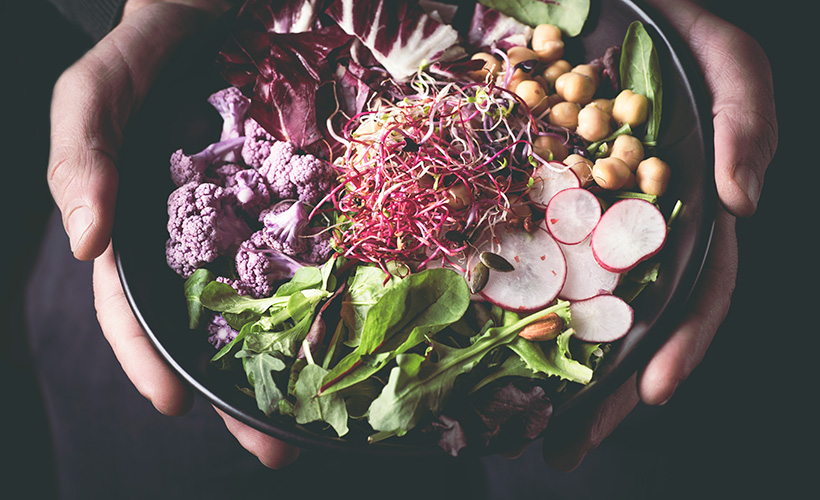

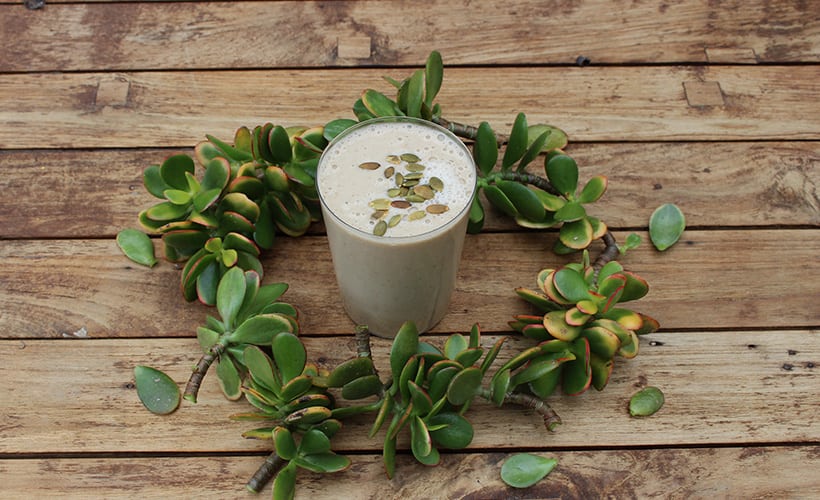
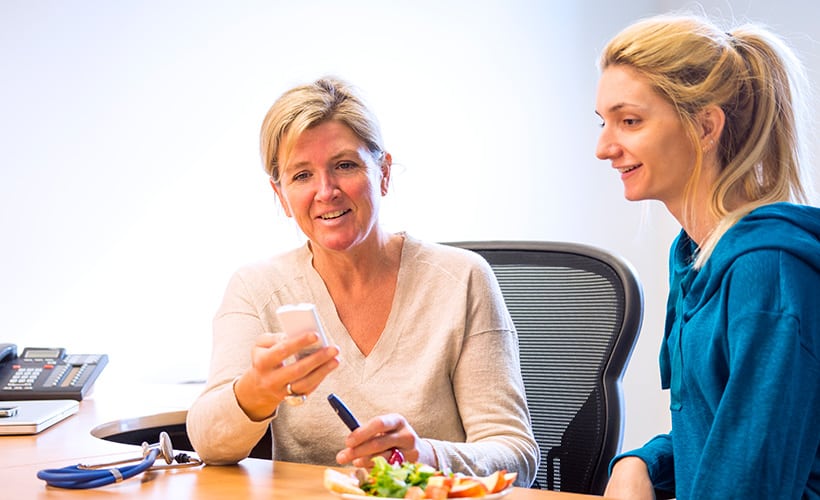

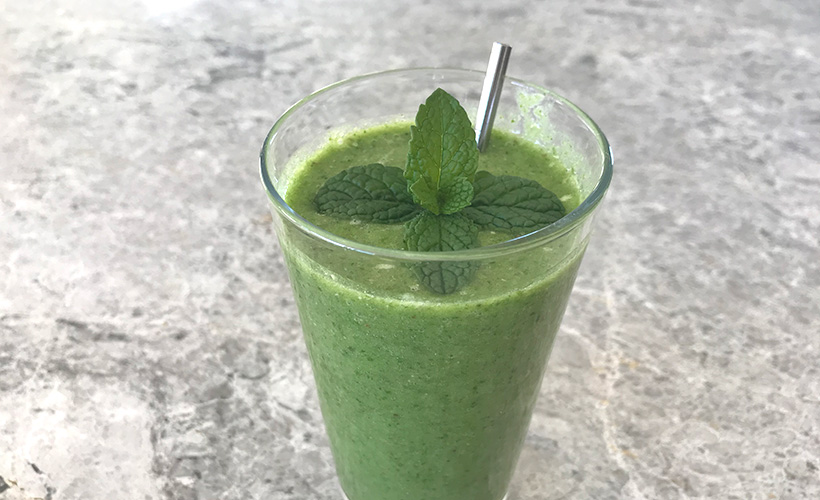


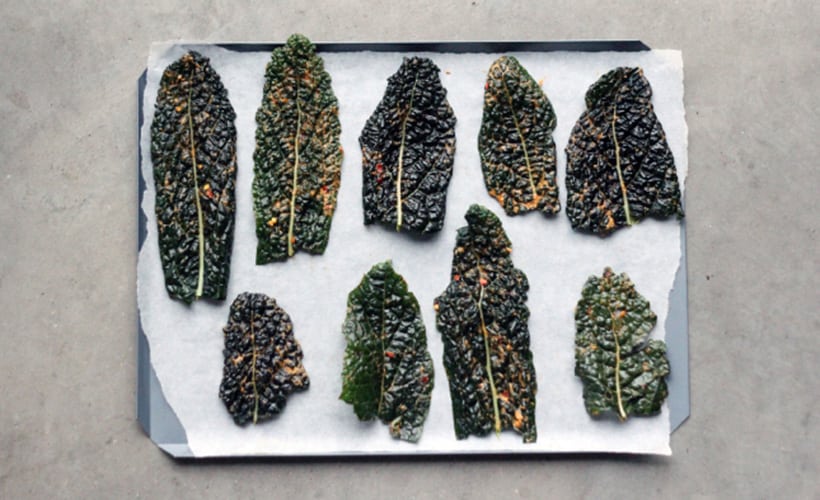
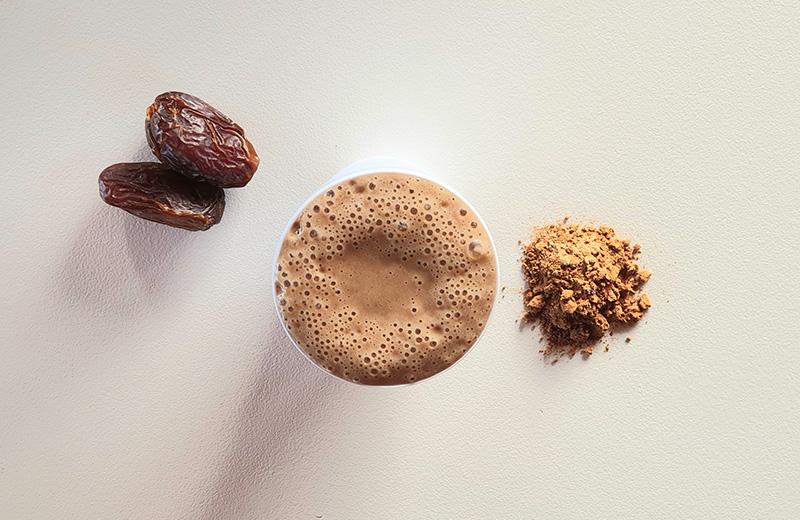


Community